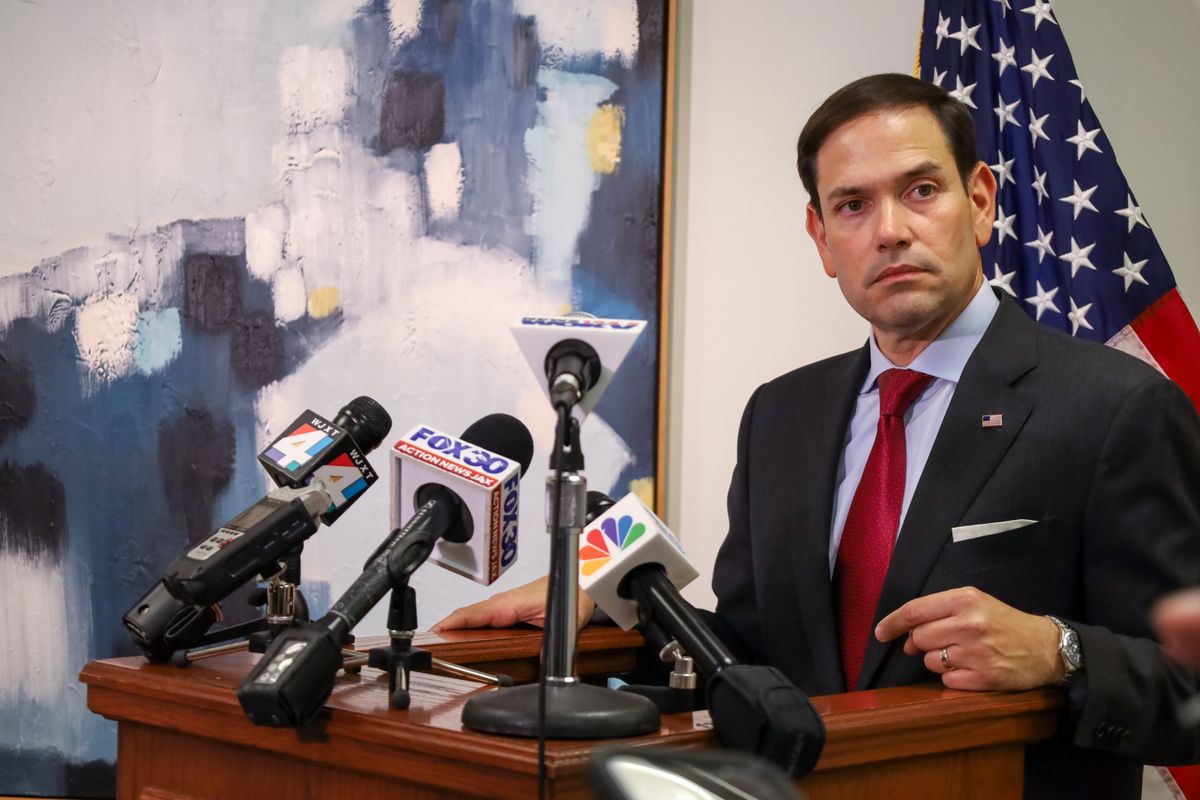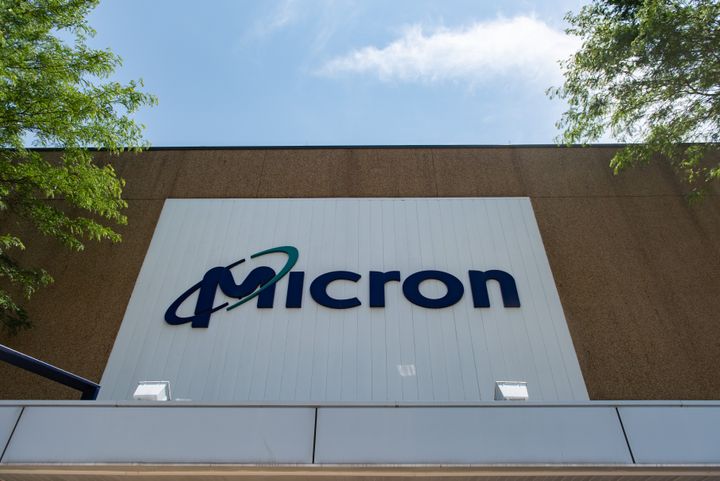Rubio’s Bill Seeks to Block Ford from Tax Breaks for Using Chinese Battery Technology

U.S. Senator Marco Rubio introduced legislation targeting Ford's plan to use technology from Chinese battery company CATL as part of its $3.5 billion investment to build a battery plant in Michigan, CNN Business reported on Friday.
The legislation aims to prevent tax credits for electric vehicle batteries produced with Chinese technology, which Rubio claims would limit the eligibility of IRA tax credits, as well as restrain Chinese companies from benefiting.
Ford countered Rubio's proposal by arguing that manufacturing batteries domestically is better than relying solely on foreign imports, emphasizing that a wholly owned subsidiary will operate the plant without any other entity receiving U.S. tax dollars.
As Ford and CATL made an agreement on using technology, Rubio urged the Biden administration last month to scrutinize the deal that he believes would increase U.S. dependence on the Chinese Communist Party (CCP) for battery technology and might be aimed at making the plant eligible for IRA tax credits.
Rubio called for an instant review by the Committee on Foreign Investment in the United States (CFIUS) of the licensing contract between the two companies.
CFIUS, led by the U.S. Treasury, reviews proposed transactions to ensure they don't pose a threat to national security. Although the Treasury declined to comment to CNN Business, Energy Secretary Jennifer Granholm said last month that the Ford deal is important for bringing advanced manufacturing capabilities to the United States and would help bolster competition, stimulate the economy, and create well-paying jobs.
Ford has stated that the plant would generate 2,500 jobs and begin producing lower-cost and faster-recharging lithium-iron-phosphate batteries in 2026.
IRA aims to reduce the American reliance on Chinese supply chains for electric vehicles (EVs) by imposing restrictions on battery sourcing, CNN Business reported. It includes a provision aimed at China, which will eventually bar credits if any EV battery components were manufactured by a "foreign entity of concern." This provision is intended to prevent foreign entities from gaining IRA tax credits for EV battery components.



